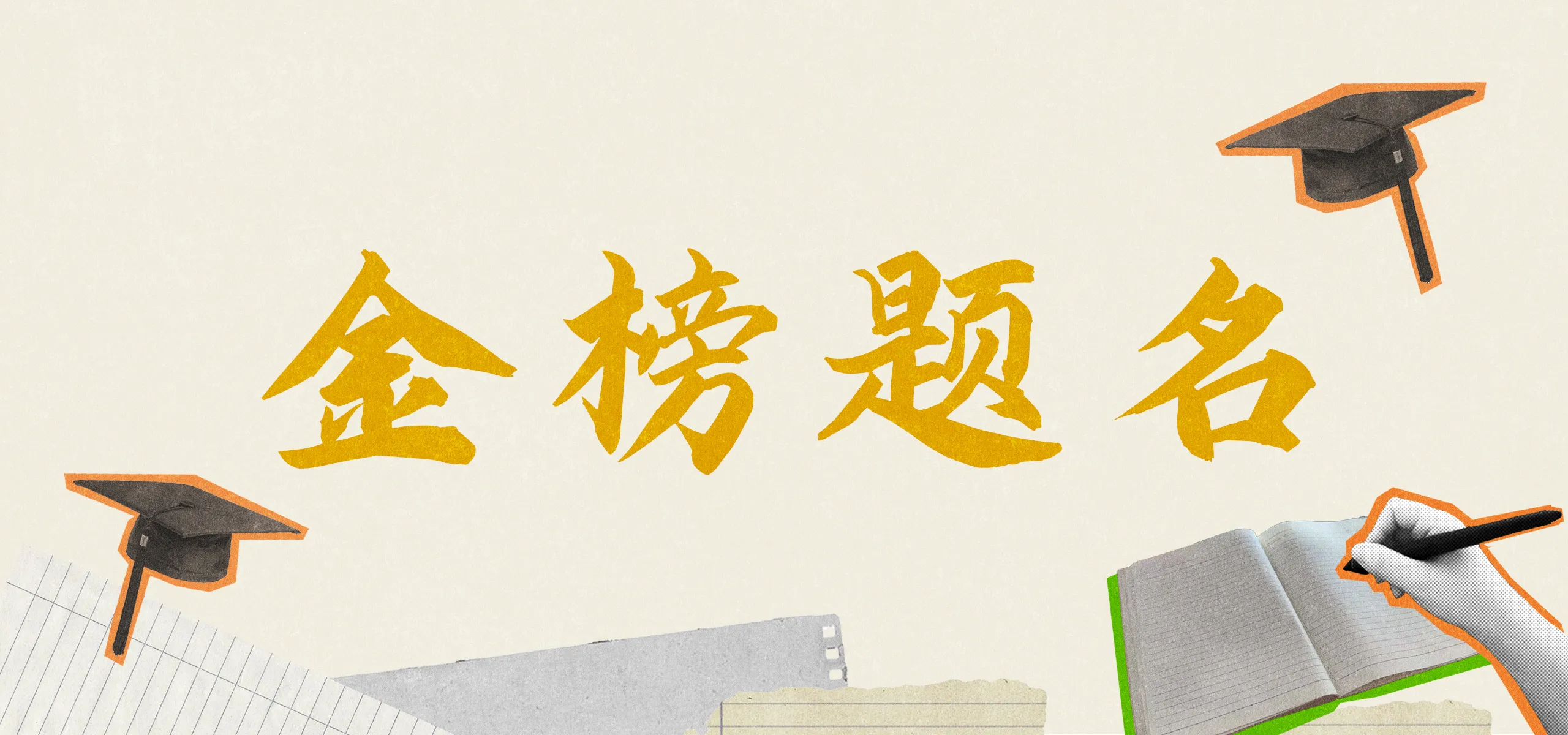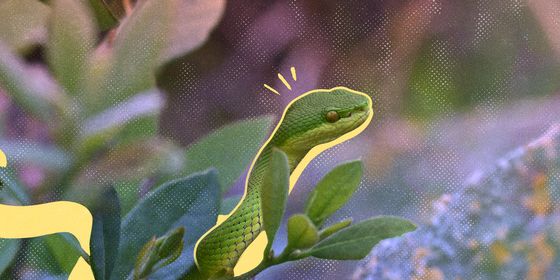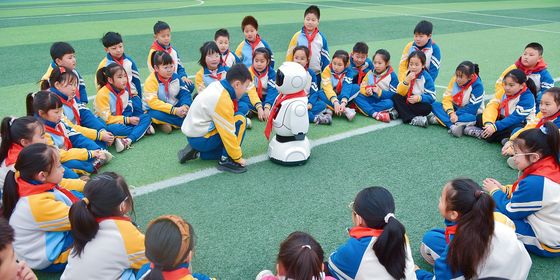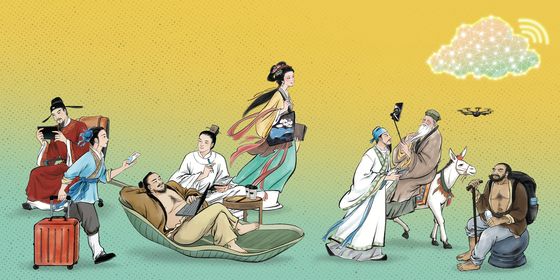Phrases for success and failure in exams, past and present
The results for this year’s cutthroat college entrance examinations (gaokao) are out. If there is one sentence to describe the mood of students and their parents, it is “Several families are happy, others are sad (几家欢乐几家愁).”
But no matter the results, everyone will be discussing which university and major to choose, or where to hold a farewell banquet (or even to get plastic surgery as a graduation gift). Though the gaokao has a relatively recent history, having been redesigned in 1977, its ancient counterpart, the imperial examination, has a thousand-year history that gave birth to many chengyu. Here are several still frequently used today:
Snapping laurels in the toad palace 蟾宫折桂
The “toad palace” is a mythical palace on the moon (which, according to folklore, is the home of a three-legged toad) that symbolizes the imperial court. The “snapping laurels” part comes from the story of third-century scholar Qie Shen, who was asked to describe himself for the job of prime minister under Emperor Wu. Qie, answered: “I am like a branch in the laurels, a piece of jade on Mount Kun.” Both laurel and jade became known as metaphors for great talent after the exam system began in the Tang dynasty (618 – 907) and so the phrase simply means “success in the exam and competitions.”
The table tennis team won the championship in the competition.
乒乓球队在比赛中蟾宫折桂,取得了冠军。
Named to the Golden List 金榜题名
The names of those who passed the imperial exam were traditionally published on yellow paper for release to the public. Thus, this chengyu wishes someone good luck in the exam:
Hope your exam goes well, and you make it onto the Golden List.
祝你考试顺利,金榜题名。
Flushed with success in the spring breeze 春风得意
Many talented scholars took the exam multiple times, only to fail. When they finally passed, they understandably couldn’t hold back their excitement. When the Tang poet Meng Jiao passed at the age of 41, after repeated failures, he wrote a poem about riding a handsome horse through the streets of the capital, Chang’an, to celebrate:
The old shabby and awkward life isn’t worth mentioning;
I felt extremely happy today without depression.
In the spring breeze, the proud horse ran a two-beat pace,
I toured all the scenery of Chang’an in a day with grace.
The chengyu derived from the poem’s third line means “to be extremely proud of one’s success.”
Now he is riding on the crest of success.
他现在正是春风得意。
Occupy the turtle head to oneself 独占鳌头
Nothing to do with abusing turtles: In ancient times, successful examinees would meet the emperor at court, and were expected to kneel down on the footsteps. The topmost step, given to the highest-ranked candidate, or “状元 (zhuàngyuán),” was carved with the shape of a legendary turtle, hence those who “occupy the turtle head” are successful candidates or the champions of a league.
In this Go tournament, he eliminated all his rivals to come out first.
在这次围棋比赛中,他一路过关斩将,独占鳌头。
Fall behind Sun Shan 名落孙山
There are far more failures than successes on the imperial exam circuit—just less chengyu about them. According to a 12-century family history book, a man named Sun Shan took the exams with a friend from his hometown. When the results were released, Sun Shan found that he came in last on the list of successful candidates, and his friend had failed. The other man’s parents asked how their son had fared, Sun diplomatically answered: “I was last on the list, and your son was behind me.” Thus, the phrase means to “fail an exam or competition.”
You don’t usually study hard, so it’s no wonder you failed this exam.
你平时学习不努力,难怪这次考试名落孙山。
Exposing gills under the Dragon Gate 暴腮龙门
According to Chinese legend, if a carp jumps over the Dragon Gate in the Yellow River, it will be transformed into a dragon. Of course, most fish end up under the gate, their gills open to the air. Therefore, to “jump over the Dragon Gate” is to succeed, and to “expose gills” under it means to fail.












